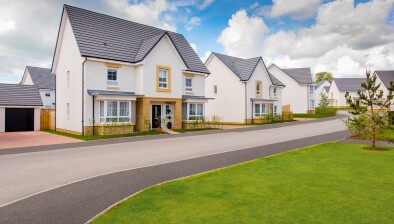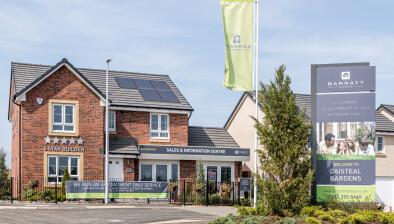Brexit could force Barratt to slow down housebuilding plans

The UK’s biggest housebuilder Barratt Developments is forecasting a 20 per cent increase in full-year profits but warned that it could slow its pace of construction following the Brexit vote.
Despite increasing new property completions by 5 per cent last year, the builder said there was greater uncertainty facing the economy after the UK voted to leave the EU.
Barratt said it is “reassessing land approvals” to reduce the risks from any fallout but the full impact of the vote would require a more long-term assessment.
“Following the EU referendum, we are mindful of the greater uncertainty now facing the UK economy. Consequently, the immediate outlook for our industry is less clear and it is too early to draw any conclusions regarding market conditions from the short trading period since the referendum,” it said.
“We had contingency plans in place and we have taken appropriate measures to reduce our risk, such as reassessing land approvals, as we continue to monitor the market.”
Barratt chief executive David Thomas said: “We have delivered another strong performance for the year.
“The disciplined growth in completion volumes reflects the strength of our sector leading build and sales teams.
“Following the EU referendum, it is too early to say what the impact of the uncertainty facing the UK economy will be.
“The sector continues to receive focused government support, mortgage availability is good and there remains an undersupply of new homes.
“With a strong balance sheet and forward order book, and industry leading quality and customer service, we remain confident in the positive fundamentals of both the housing sector and our business.”
Since the vote, Barratt’s share price has fallen more than 25 per cent - alongside falls among other housebuilders - as economists warn of a slowdown that could end up hitting the housing market.
However, it said its annual pre-tax profit would increase to £680m from £565.5m last year, and that its average selling price had risen by 10.6% to £260,000.







